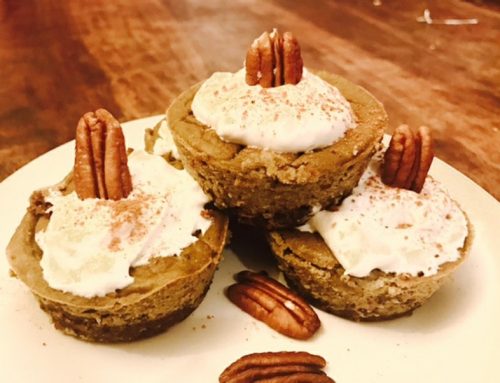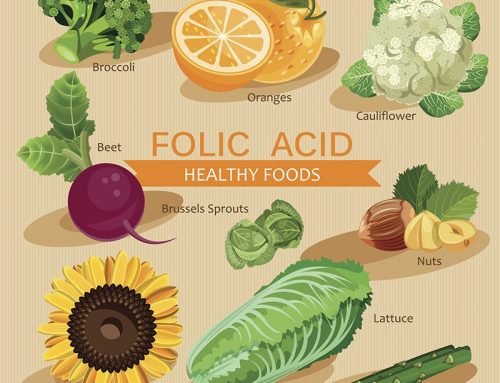Here’s a riddle for you: Why do blind women get breast cancer at about half the rate that sighted women do?
We think it has to do with two things: light, and a hormone called melatonin.
Most people who have heard of melatonin know it as a supplement that can help with sleep (which it definitely can). And it’s great for jet lag. But the melatonin story is a lot more interesting– and complicated– than its ability to serve as a natural cure for insomnia.
Melatonin may have a role in protecting you against cancer. It also supports the immune system and is one of the most powerful antioxidants we know of. It protects cell membranes even more than vitamin E does, and is more effective than glutathione (an important antioxidant in the body) at neutralizing a deadly free radical that causes oxidative damage, hydroxyl radicals.
So although melatonin is not by itself a miracle anti-aging supplement, it helps protect against a number of age-robbers.
Take sleep, for example.
During sleep, a great deal of cellular damage that occurs during the day is repaired and that repair process is initiated by secretions of melatonin. And because disturbed sleep so often accompanies aging, anything that can help us sleep better (with ancillary benefits to boot and no side effects) might be something to take note of. Melatonin definitely fits the bill.
Poor sleep quality reduces the secretion of growth hormone, an important hormone that helps us keep muscle and lose fat. It may also raise levels of stress hormones such as cortisol.Lack of rest or disruption of normal sleep patterns can increase hunger, leading to obesity-related illnesses and accelerated aging. Because melatonin is so helpful in getting a good night’s sleep, the use of melatonin as a supplement may have far-reaching consequences for many of the conditions that interfere with healthy aging.
And if all this weren’t enough, melatonin may also be good for the heart. Researchers tested melatonin supplements on women aged forty-seven to sixty-three and found that supplementation improved the “day-night” rhythm of blood pressure, significantly decreasing nighttime blood pressure.
“Melatonin, in addition to being an incredibly powerful antioxidant, may well turn out to be cardio-protective”, says Beth Traylor, MD, of Cenegenics Medical Institute.
Melatonin is a hugely important hormone with many overlapping benefits. virtually everyone over the age of forty doesn’t make enough, and taking a little extra doesn’t seem to have any negative side effects.
Melatonin has been used successfully as a supplement for sleep in doses from as low as 0.1 mg to as much as 10mg.














Dear Dr. Bowden,
I’ve been reading up on melatonin and it sounds like a wonderfull supplement to take, however I have only found sources saying it is save in the short to medium term (3 monhts) and cannot find any material on the safety of indefinate use.
Would you suggest cycling on and off or is indefinate use safe?
HI used to have trouble sleeping soundly. I would wake up a lot at night and have trouble going back to sleep. I am 47 years old. Since I have been taking 3 mg of melatonin every night about 1 hour before bed, I sleep all night and seem to have deeper sleep. I wake up feeling well rested.
Hi Dr. Bowden,
I love you by the way, you have changed my life in so many ways, but I wont bore you with that right now. ? For now, I was wondering, is taking a melatonin supplement safe to take everyday? I used to take it every single night- I still have the bottle next to my bed- but then I began to worry that I was harming myself if I took it long term, since it acts as a “sleep aid” and that word has a bad connotation. After reading your article, I am more confident that it would be safe for everyday use, but I just wanted to double check. P.S. for those people who are wondering, it is the ONLY sleep aid I trust- it works wonders with no side effects and you will NEVER need to take those scary sleep drugs again, so try it! Thank you Johnny! Please let me know when you have a free moment! ?
I read from several sources that a lower dose is just as effective and is thus recommended. I myself have been taking 0.5mg every day for several months, roughly 30 to 60 minutes before bed time. I find that I frequently wake up before my alarm clock is activated, but that I sleep soundly until then. I’d rather wake up sooner than sleep unsteadily.
I just know that is one of the most common sleep ingredients available, and an essential part of any effective sleep aid. Thank you.
I would say melatonin is great. But it is only needed to fall asleep. It doesn’t make sense to take it 10 min before sleep because the mind will signal the body to produce melatonin. So, one hour before sleep is best, so the pill will send melatonin to the mind and thus trigger the mind to produce more on it’s own. It’s like saying to the mind: sleep now, don’t doubt, just shut up and sleep :). So a dose of 0.1 is enough, I would not go above 1.5mg. And only if needed, to my personal experience there is no need to take it every night. Also, a lot of light exposure during the day is important, because else you won’t sleep at night.
This is great information about all the benefits of Melatonin! I would recommend trying Doctor Recommended Deep Sleep Support that included Melatonin to promote deep restful sleep. Doctor Recommended products are formulated by REAL DOCTORS so they have the exact doctor recommended doses to provide you with optimal benefits.
I have used Melatonin with great success for my son who struggles with falling asleep (possibly a side effect of his anti-epileptic medication) but it has been withdrawn from the South African market pending re schedule (it was available as OTC, then on prescription only and now not available. What a nightmare
I have been using melatonin for years. I never realized that it more benefits than just a sleep aid. I have found that if I take it on an empty stomach I sleep so deep. Thank you for the information!! I put your website into my favorites so I can continue to learn from you.